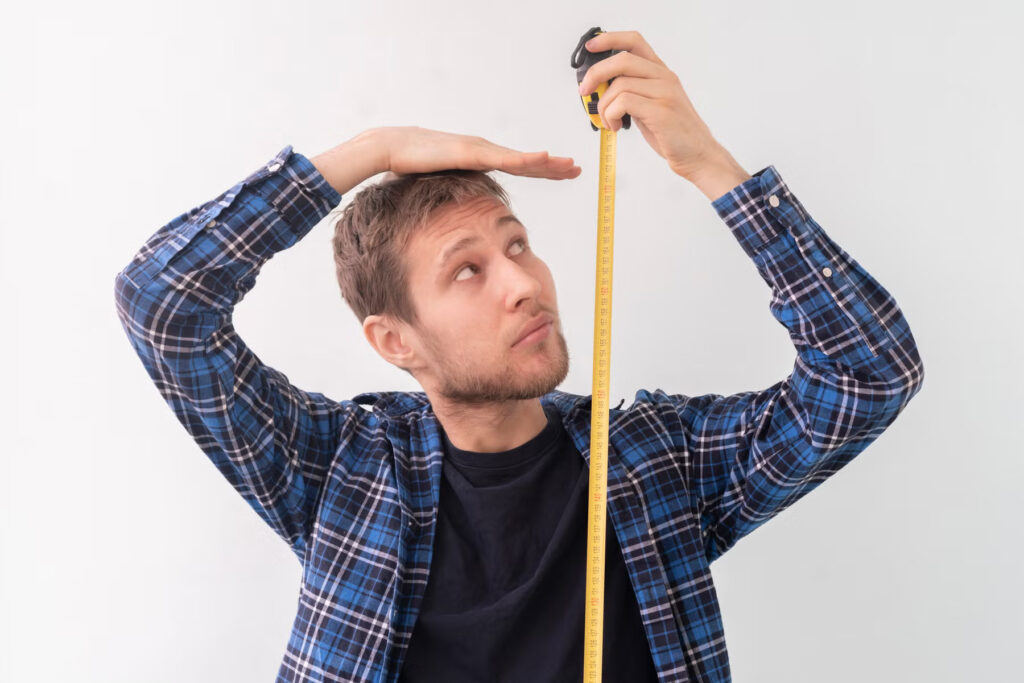Will Smith, one of Hollywood’s coolest, most desirable men, recently opened up about his sexual past. He might look like a guy with the world at his feet – someone who could sleep with anyone he wanted – but things weren’t always smooth-sailing for The Fresh Prince.
When his first girlfriend cheated on him, Will turned to lots of sex with multiple women. Sounds great, but using sex as a coping mechanism can quickly backfire, just as it did with Will. In his newly released memoir, Will admits that he resorted to excessive and indiscriminate sex to deal with the heartbreak.
“I had sex with so many women, and it was so constitutionally disagreeable to the core of my being, that I developed a psychosomatic reaction to having an orgasm. It would literally make me gag and sometimes even vomit,” he explianed.
Since there’s no magic pill for heartbreak, Will Smith, like many of us, tried to fill the void with sex. He described it as going “full ghetto hyena”.
As a sex coach, I know this story will resonate with many of my clients – and people all over the world. If it’s a topic that has affected you, or just something you’re interested in, let’s take a look at why people turn to sexual intercourse during times of trauma, and how to tackle the addiction.
Why do we turn to sex when we’re feeling low?
When you’re feeling upset or unmotivated, your brain is looking for a dopamine hit. This is the chemical associated with reward, and we experience a dopamine release during just about all pleasurable experiences, including sex, eating, drinking alcohol and shopping. It’s one of the reasons why people get addicted to these things.
Dopamine, known as a “feel-good” transmitter, makes us feel happy, motivated, productive, focused, and generally excited about life. All the good stuff.
Dopamine also directly impacts the neurons responsible for habit formation. So, when we experience a dopamine release, we enjoy the sensation of reward and we’re teaching ourselves how to behave. Naturally, we then repeat the cycle over again.
Sexual energy is one of the highest forms of energy, delivering one of the biggest dopamine rushes known to humans. That rush can get addictive, which is why people “playing the field” in terms of sexual partners can often feel like they’re always looking for their next hit. It’s rare that they actually find long-term satisfaction.
How can you reinstate healthy practices?
After his at-the-time girlfriend cheated on him, Will Smith was looking for a meaningful connection to help him heal, which is why all of those sexual encounters didn’t have a positive outcome. He wrote in his memoir: “In every case, I hoped to God this beautiful stranger would be ‘the one’ who would love me, who would make this pain go away.”
Later in life, following a split from his wife, Jada Pinkett Smith, Will visited a tantric sex expert in Peru to try out ayahuasca rituals.
Two very different approaches, and I dare say the second approach, where Will worked with a sex professional, would have yielded the best results.
I have had clients come to me with addictions to sex and, although I’m not a psychologist, I can help guide them through it. In most cases, I recommend speaking to a psychologist as well as a sex coach to learn some healthy sex and self-pleasure practices.
While every case is unique and will usually require one-on-one coaching, here are some general guidelines for overcoming a sex addiction, or hypersexual disorder (HD):
1. Seek professional diagnosis.
HD and a high sex drive are two different things. The most common signs of an addiction include constantly thinking about sex, and engaging in excessive sexual patterns despite any negative consequences for yourself and others.
2. Seek support from close friends and/or family members.
Spend time with people you trust, and those that withhold any judgement about your past behaviour. Building and maintaining positive emotional connections is important right now.
3. Join a support group.
There are online forums, in-person meet-ups and hotlines you can call to speak to others that have battled sex addiction. Understanding that you’re not alone and being able to speak to someone who can relate will help – even if you feel reluctant to talk at first.
4. Keep a journal.
Record your thoughts and feelings as you embark on your recovery. By gaining clarity on how the addiction has impacted you, your life and your family, you might find more motivation to beat it.
5. Get rid of the things that trigger you.
Whether it’s Tinder, pornography, nightclubs or something else, block any triggers from your phone and laptop so you’re less tempted to go back there.
6. Delete the numbers of your past sexual partners.
Clear your phone book of any previous sexual partners and let any current partners (not including a committed partner or spouse) know that you’ll be cutting ties.
Sexual addiction is a complicated topic, with so many different aspects coming into play, including childhood trauma, shame, depression, stress, mental illness, drug and alcohol abuse, and pornography. That’s why I recommend working with a sex coach and a psychologist, who can help you learn or re-learn how to enjoy a life of sex in a safe, healthy and positive way.















